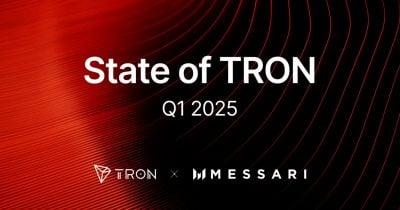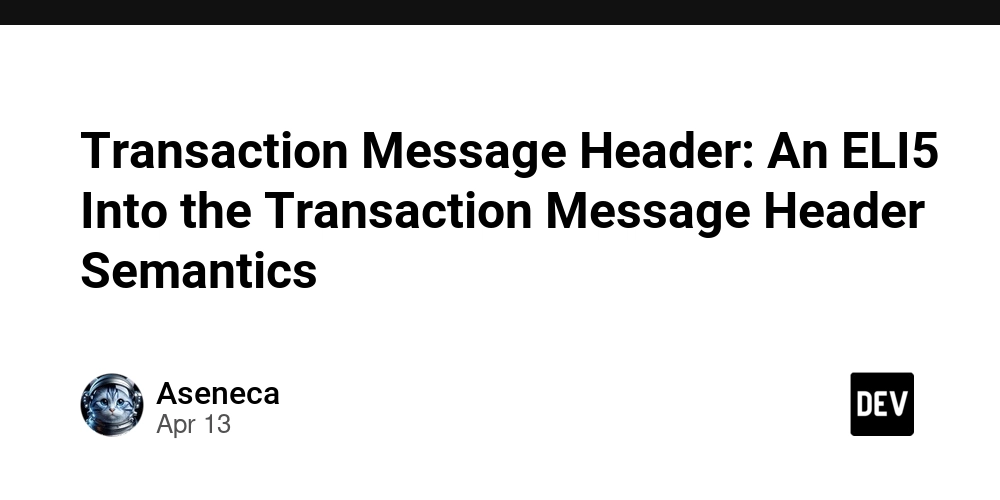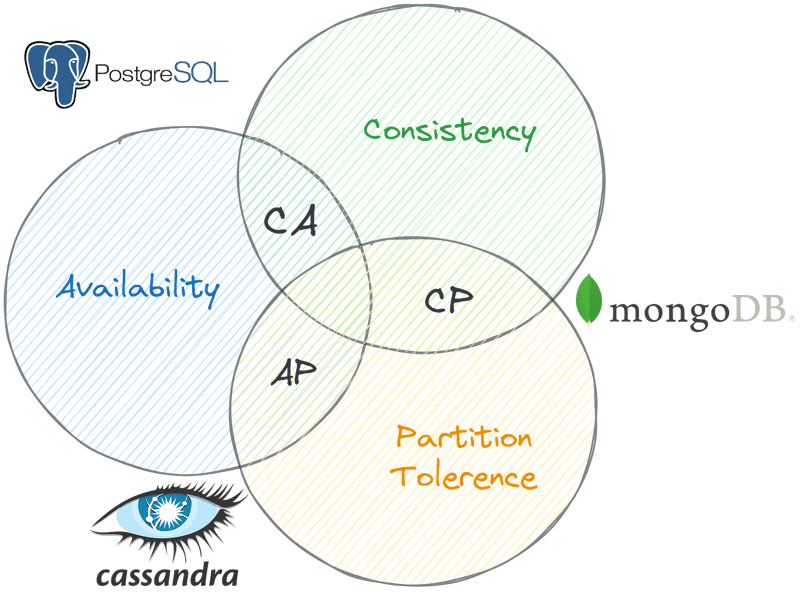Translating Tech: If They Don’t Understand, It’s Your Fault
As professionals, we often find ourselves in situations where we need to explain complex concepts to others. As a software engineer, you've likely encountered the frustration of trying to convey your ideas to someone who doesn't share your technical background. Now here's the hard truth you'll have to swallow: If they don't understand what you're explaining, it's your fault. Let's break this down: Know Your Audience First and foremost, you need to understand who you're talking to. What details do they know? What details do they not? Are they complete novices in your field? Are they even in your field? Do they have some basic knowledge? Tailoring your explanation to your audience's level of understanding is crucial. Master Your Content If you can't explain something clearly, you probably don't understand it well enough yourself. It's not enough to have a superficial grasp of the subject matter. You need to understand it so thoroughly that you can break it down into simple, digestible pieces. If your explanation crumbles under scrutiny or basic questions, it's time to hit the books again. It's Not Their Fault Remember, if someone doesn't understand your explanation, that's on you, not them. They're not stupid; you're just not communicating effectively. As the expert, it's your job to bridge the knowledge gap. Translate, Don't Lecture You're the one with the technical knowledge, so it's your responsibility to translate that into language your audience can understand. Don't expect them to learn your jargon; you have to learn to speak their language instead. Put it into terms they understand and are familiar with. If you can't do this, you haven't taken enough time to learn about them. Learn from History Consider a conversation that occurred between The economist John Maynard Keynes and President Franklin D. Roosevelt: When Keynes tried to explain his economic theories to President Roosevelt, FDR struggled to understand. Was it FDR's fault for not grasping complex economic concepts? No, it was Keynes' responsibility to explain his ideas in a way that a non-economist could understand. Some believe that if Keynes could have more successfully communicated this information to FDR, the great depression would have ended sooner. The bottom line is this: Effective communication is a skill, and like any skill, it requires practice and effort. Don't shirk this responsibility by blaming your audience for not understanding. Instead, embrace the challenge of becoming a better communicator. Your ideas are only as good as your ability to share them with others. Remember, in the world of professional communication, the burden of understanding lies with the explainer, not the listener. It's time to step up and own that responsibility.

As professionals, we often find ourselves in situations where we need to explain complex concepts to others. As a software engineer, you've likely encountered the frustration of trying to convey your ideas to someone who doesn't share your technical background. Now here's the hard truth you'll have to swallow: If they don't understand what you're explaining, it's your fault.
Let's break this down:
- Know Your Audience
First and foremost, you need to understand who you're talking to. What details do they know? What details do they not? Are they complete novices in your field? Are they even in your field? Do they have some basic knowledge? Tailoring your explanation to your audience's level of understanding is crucial.
- Master Your Content
If you can't explain something clearly, you probably don't understand it well enough yourself. It's not enough to have a superficial grasp of the subject matter. You need to understand it so thoroughly that you can break it down into simple, digestible pieces. If your explanation crumbles under scrutiny or basic questions, it's time to hit the books again.
- It's Not Their Fault
Remember, if someone doesn't understand your explanation, that's on you, not them. They're not stupid; you're just not communicating effectively. As the expert, it's your job to bridge the knowledge gap.
- Translate, Don't Lecture
You're the one with the technical knowledge, so it's your responsibility to translate that into language your audience can understand. Don't expect them to learn your jargon; you have to learn to speak their language instead. Put it into terms they understand and are familiar with. If you can't do this, you haven't taken enough time to learn about them.
- Learn from History
Consider a conversation that occurred between The economist John Maynard Keynes and President Franklin D. Roosevelt: When Keynes tried to explain his economic theories to President Roosevelt, FDR struggled to understand. Was it FDR's fault for not grasping complex economic concepts? No, it was Keynes' responsibility to explain his ideas in a way that a non-economist could understand. Some believe that if Keynes could have more successfully communicated this information to FDR, the great depression would have ended sooner.
The bottom line is this: Effective communication is a skill, and like any skill, it requires practice and effort. Don't shirk this responsibility by blaming your audience for not understanding. Instead, embrace the challenge of becoming a better communicator. Your ideas are only as good as your ability to share them with others.
Remember, in the world of professional communication, the burden of understanding lies with the explainer, not the listener. It's time to step up and own that responsibility.
















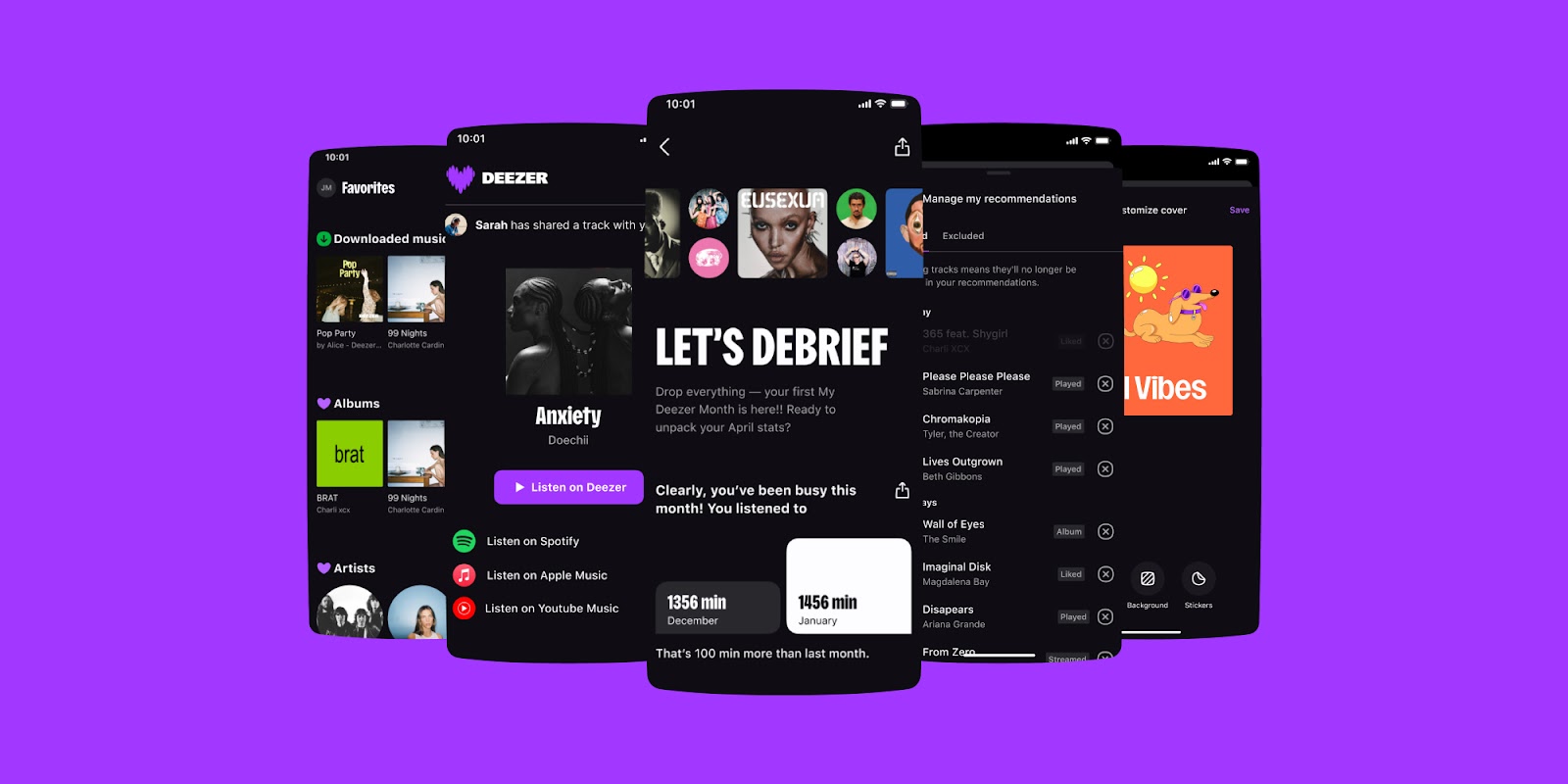

























































































































































![[The AI Show Episode 144]: ChatGPT’s New Memory, Shopify CEO’s Leaked “AI First” Memo, Google Cloud Next Releases, o3 and o4-mini Coming Soon & Llama 4’s Rocky Launch](https://www.marketingaiinstitute.com/hubfs/ep%20144%20cover.png)









































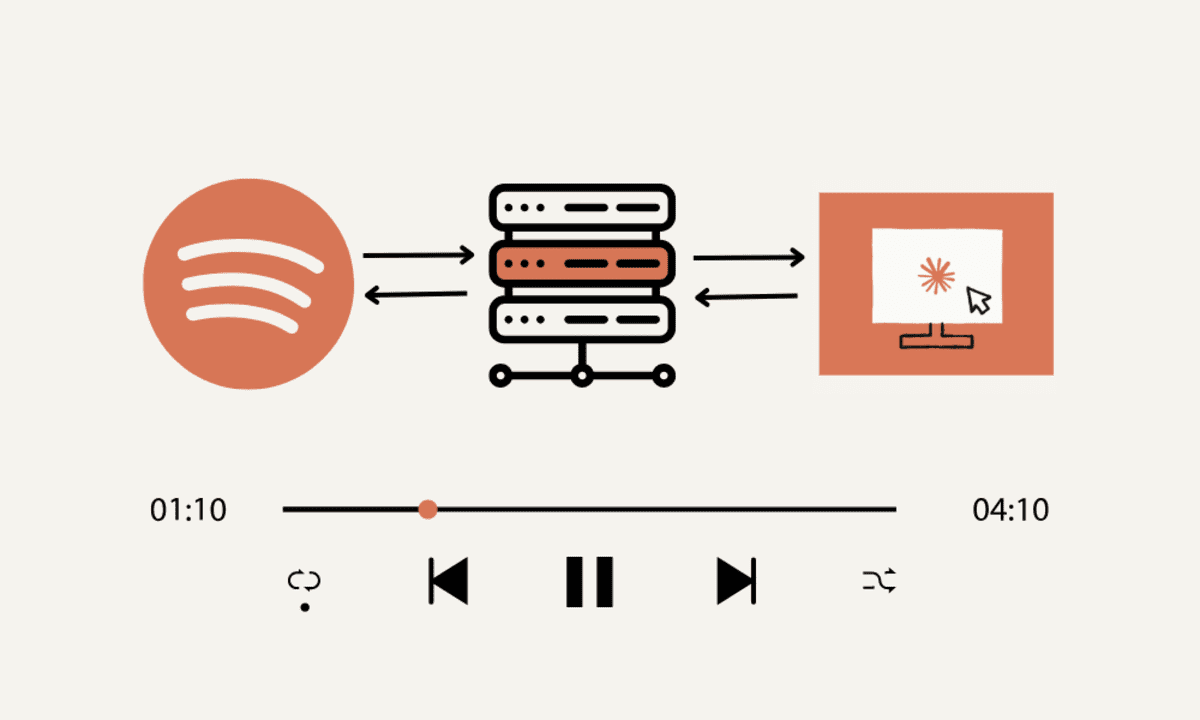




































































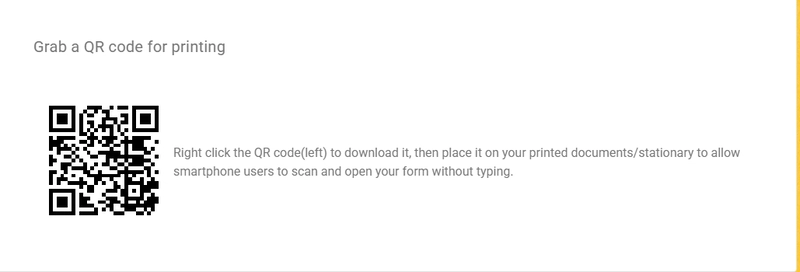



















































































![Blue Archive tier list [April 2025]](https://media.pocketgamer.com/artwork/na-33404-1636469504/blue-archive-screenshot-2.jpg?#)












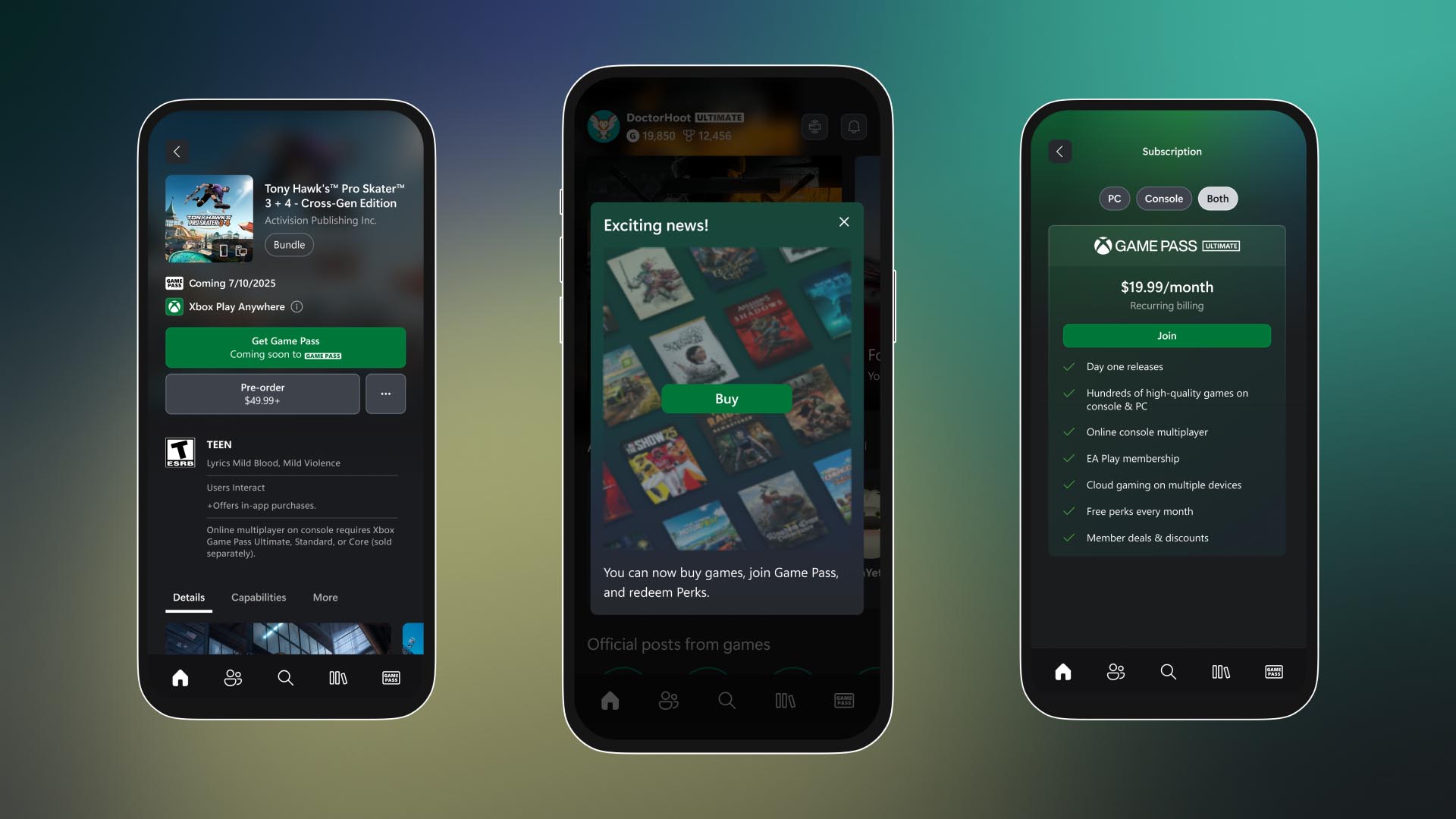





















.png?#)








.png?width=1920&height=1920&fit=bounds&quality=70&format=jpg&auto=webp#)



























.webp?#)

















































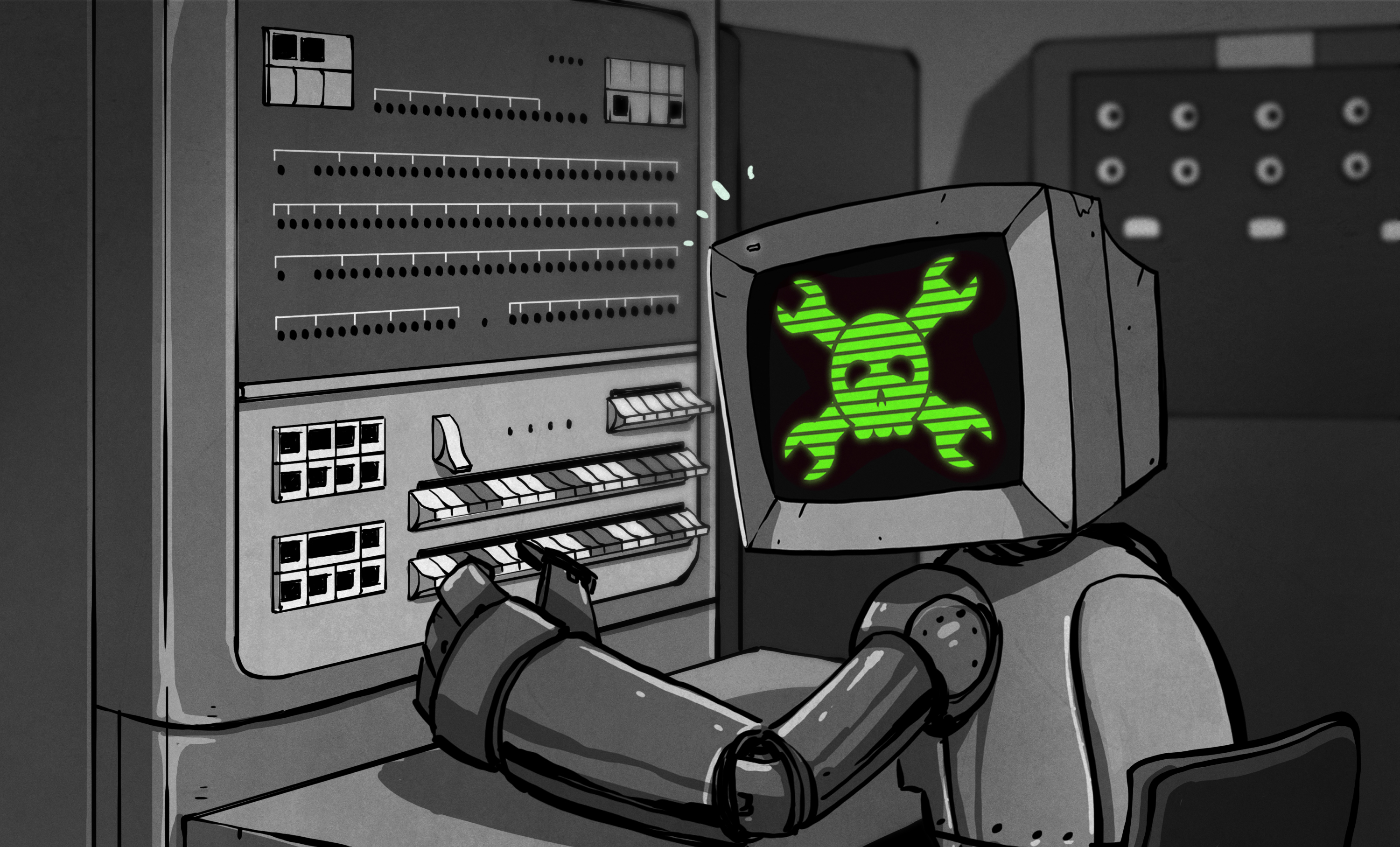

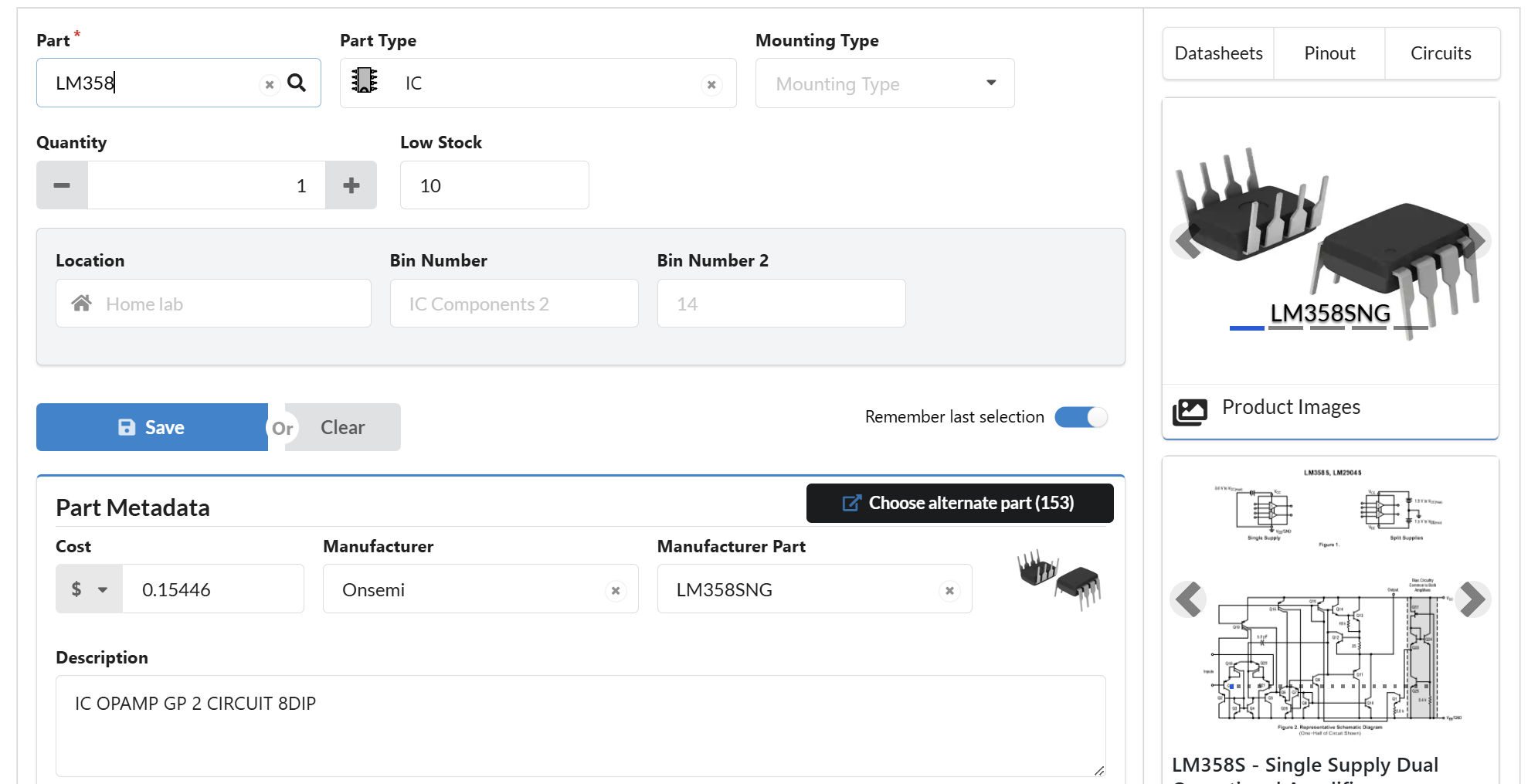

























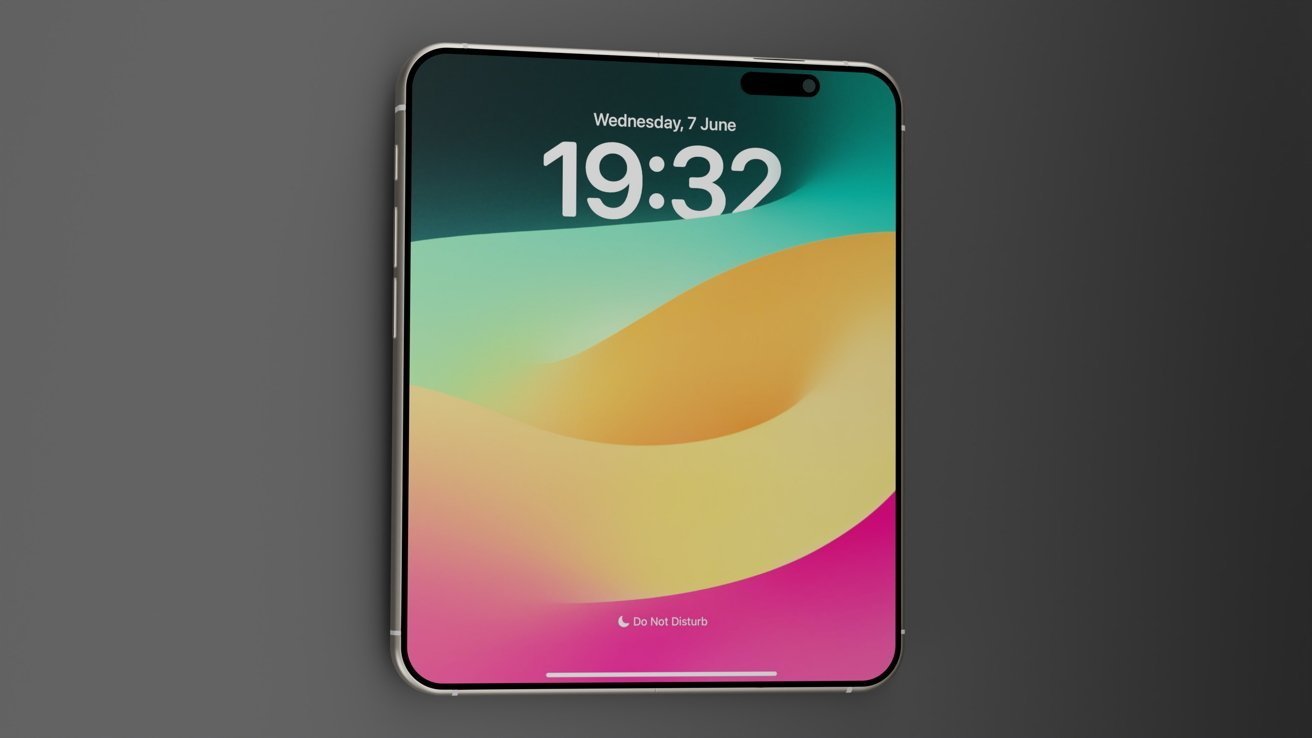





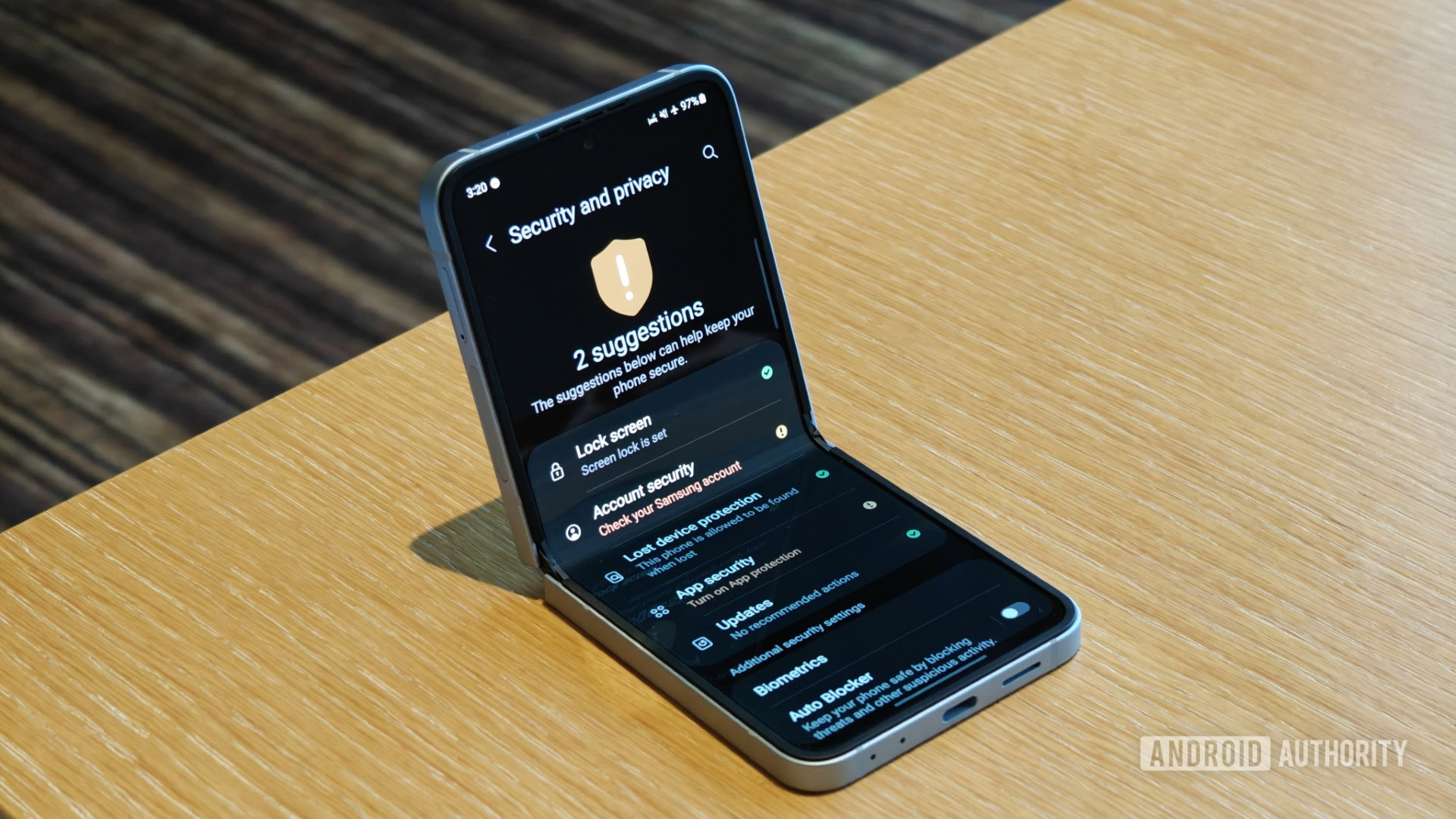

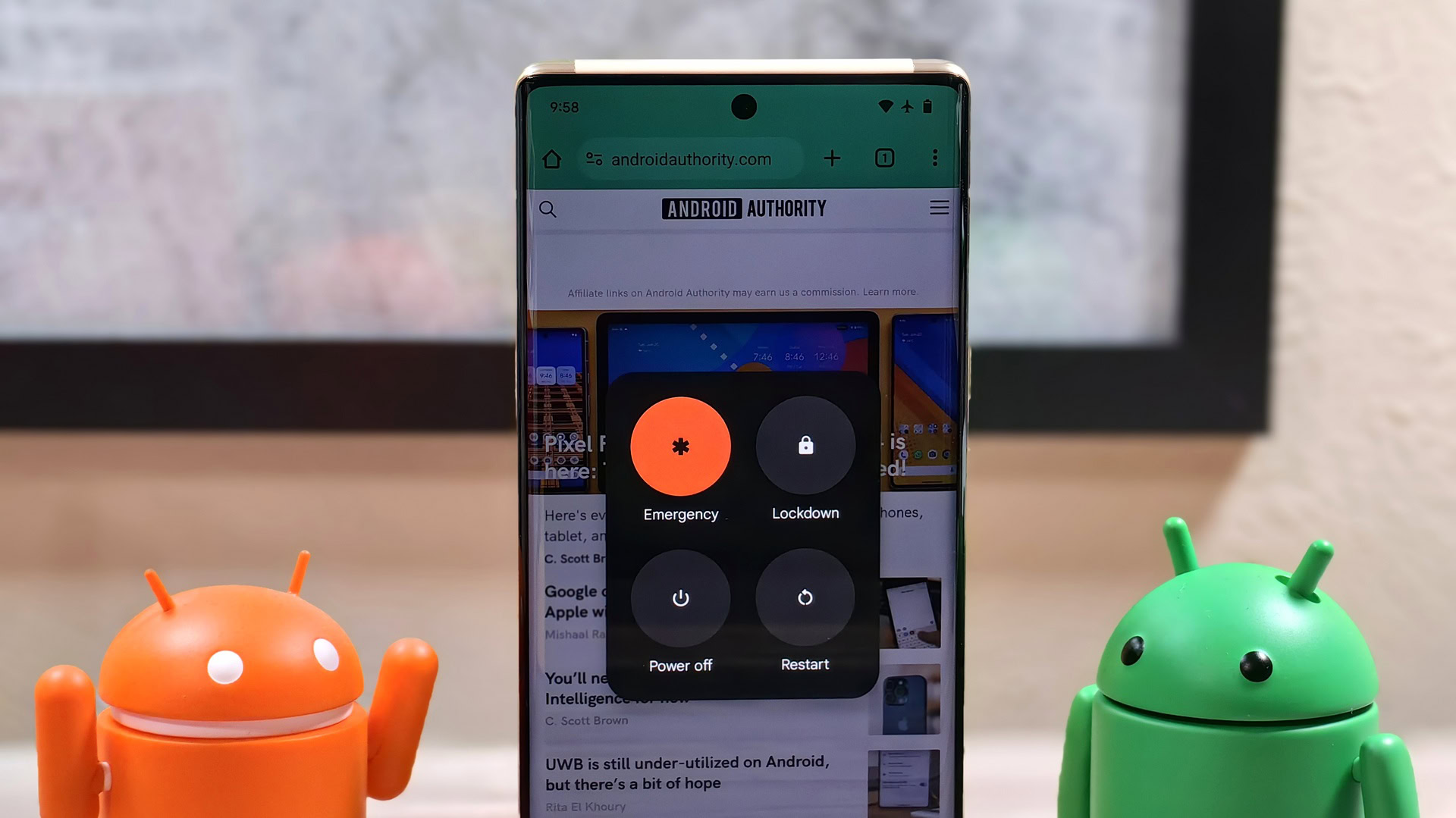



![PSA: It’s not just you, Spotify is down [U: Fixed]](https://i0.wp.com/9to5mac.com/wp-content/uploads/sites/6/2023/06/spotify-logo-2.jpg?resize=1200%2C628&quality=82&strip=all&ssl=1)
![[Update: Optional] Google rolling out auto-restart security feature to Android](https://i0.wp.com/9to5google.com/wp-content/uploads/sites/4/2025/01/google-play-services-2.jpg?resize=1200%2C628&quality=82&strip=all&ssl=1)












![Apple Releases iOS 18.4.1 and iPadOS 18.4.1 [Download]](https://www.iclarified.com/images/news/97043/97043/97043-640.jpg)
![Apple Releases visionOS 2.4.1 for Vision Pro [Download]](https://www.iclarified.com/images/news/97046/97046/97046-640.jpg)
![Apple Vision 'Air' Headset May Feature Titanium and iPhone 5-Era Black Finish [Rumor]](https://www.iclarified.com/images/news/97040/97040/97040-640.jpg)
























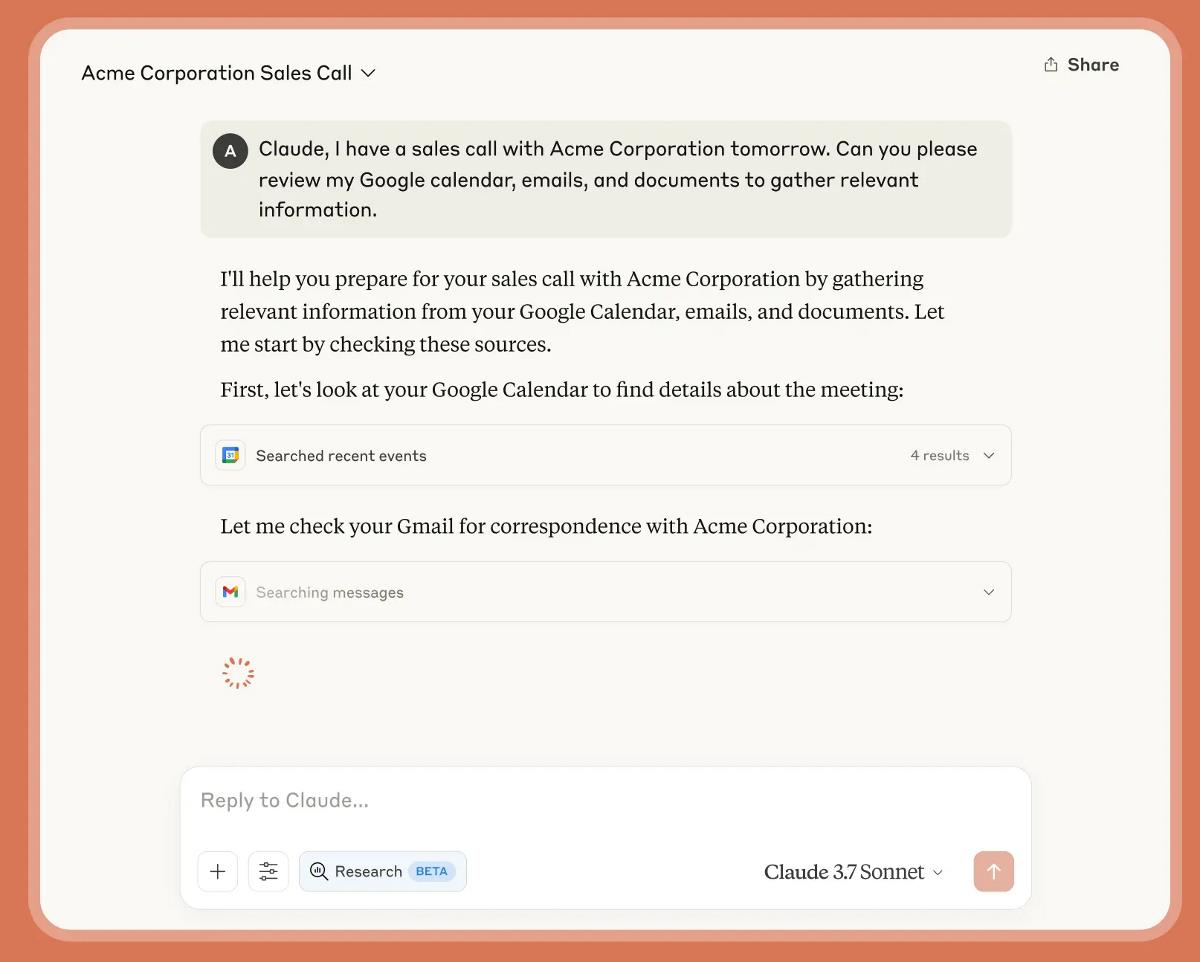
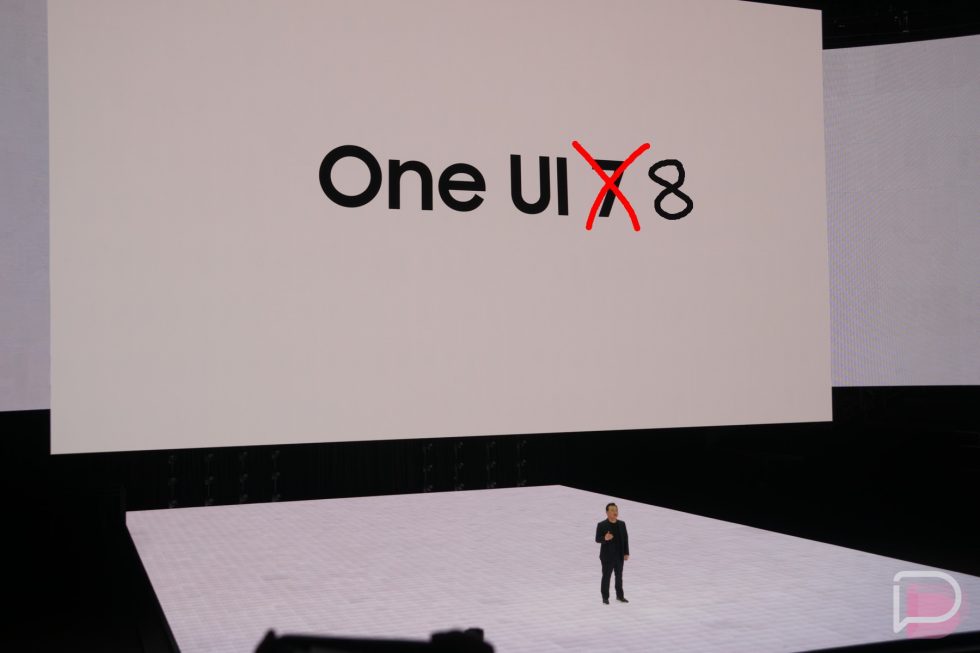








![[Update: Trump Backtracks]The U.S. Just Defunded a Key Security Database, And Your Android Phone Could Pay the Price](https://www.androidheadlines.com/wp-content/uploads/2025/03/Android-logo-AM-AH.jpg)











































































